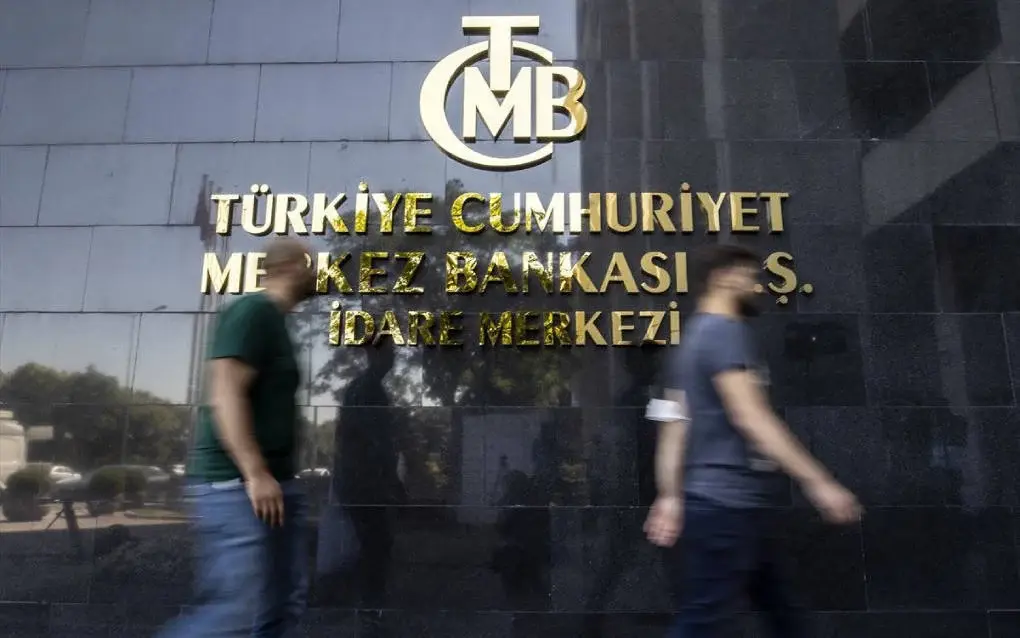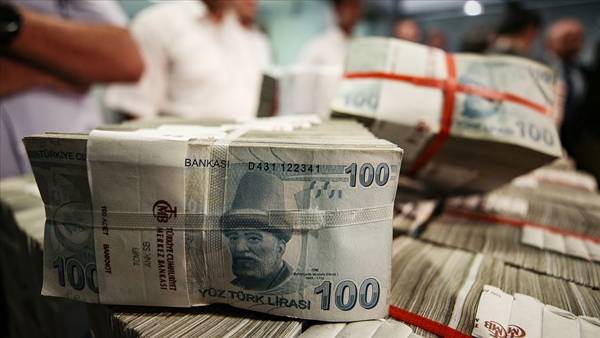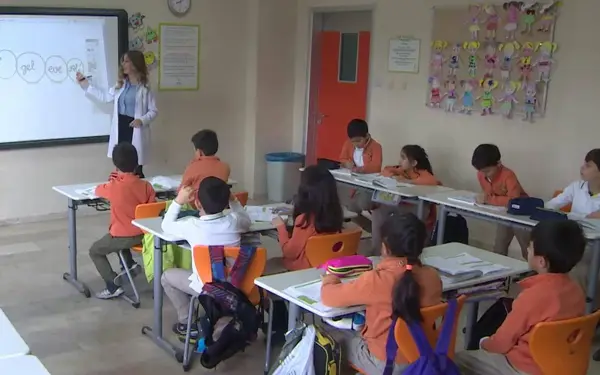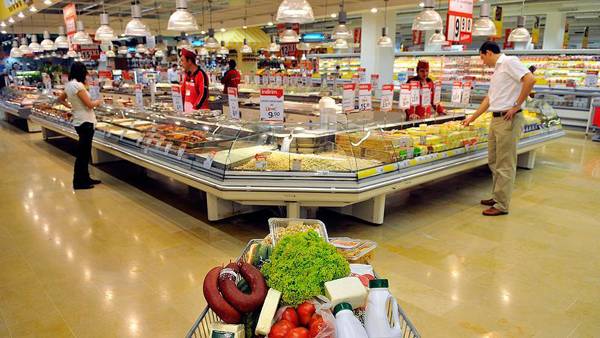The Central Bank has decided to keep its policy interest rate unchanged at 50%, despite recognizing ongoing inflationary pressures.
This decision, made during the Monetary Policy Committee meeting chaired by Governor Fatih Karahan, comes amid Turkey's struggle with high inflation rates and a cost of living crisis.
In a statement, the Central Bank noted that the underlying trend of monthly inflation showed a notable decline in June. However, it warned that inflation is expected to rise temporarily in July due to adjustments in administered prices, taxes, and supply-side factors in unprocessed food prices.
The bank emphasized that while the rise in underlying inflation is expected to be relatively limited, inflationary pressures remain significant. "The committee decided to keep the policy rate unchanged but reiterated its high attention to inflation risks," it stated.
The bank pledged to maintain a tight monetary stance until a significant and sustained decline in the underlying trend of monthly inflation is observed, and inflation expectations converge to the projected forecast range.
Inflation in Turkey
Turkey has been grappling with soaring inflation, which reached an annual rate of 71.6% in June. This is a slight improvement from May's 75.45%, marking the first decline in eight months. However, critics cast doubt on this calculation, with some alleging that the Turkish Statistical Institute (TurkStat) manipulated the inflation rate to allow the government to keep raises for public employee salaries and pensions lower. TurkStat has long been criticized for allegedly manipulating data, especially for inflation and unemployment.
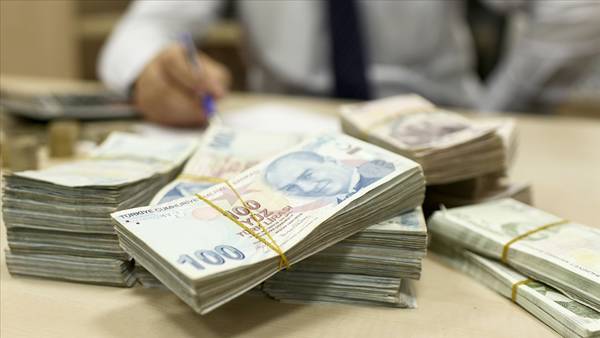
Turkey’s statistical authority faces legal action for 'causing millions of people to get lower raises'
The government and the Central Bank have been under pressure to address the cost of living crisis, with critics arguing that earlier low interest rate policies contributed to the economic instability.
Since last year, following the re-election of President Recep Tayyip Erdoğan and the forming of his new cabinet, the Central Bank has aggressively raised interest rates from 8.5% to 50% as part of a shift towards more orthodox economic policies. This move came after a period of keeping rates low despite rising inflation, which drew criticism from economic experts and opposition parties.
Economists and analysts remain cautious about the future. A Reuters poll indicated that no significant rate cuts are expected until the next quarter, with a gradual reduction anticipated by the end of 2024. (HA/VK)





